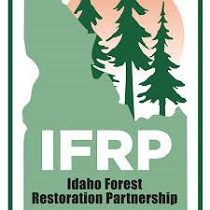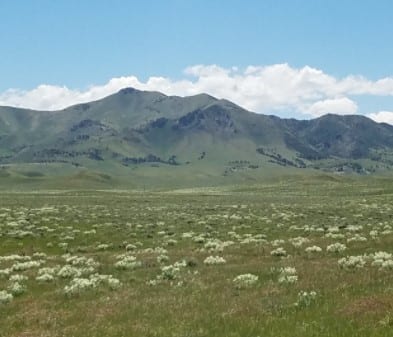Events

The Joint Fire Science Program describes its Fire Science Exchange Network
View video (6:21) The Fire Science Exchange Network, part of the Joint Fire Science Program, connects wildland fire research with the people who need it most—land managers, firefighters, practitioners, and communities. Through regional exchanges, they deliver science you can use to make informed wildland fire and land management decisions.

Mapping and tracking California forests
Webinar recording. The Center for Ecosystem Climate Solutions (CECS), with support from California’s Strategic Growth Council (SGC), built a data cube of California forest conditions for 1985 to 2023. These data include state-wide, 30-m information on ecosystem disturbance, carbon, water, and fire hazard. These data are being tested against field observations with support from CALFIRE,…

Cross-boundary collaborative stewardship
Webinar registration. Hosted by the Montana Forest Collaboration Network OBJECTIVES: - Discuss the characteristics of cross-boundary projects and how they increase efficiency and effectiveness when managing priority landscapes - Inspire more cross-boundary work in Montana - Build awareness of how collaborative partners can support cross-boundary projects - Discuss the mechanics of planning and implementing forest…

How LANDFIRE EVT contributes to the estimation of forage
Webinar registration. Title: How LANDFIRE EVT contributes to the estimation of forage and seasonal range in Idaho: A perspective through time 2003-2023 Speaker: Scott Bergen, Senior Wildlife Research Biologist, Idaho Department of Fish and Game Summary: Idaho Dept of Fish and Game uses LANDFIRE extant vegetation type databases 2001-2023 to estimate seasonal range analyses of…

Applying rangeland tools and concepts for fire and fuel management
Webinar recording (49:44). Matt Reeves, (Fuel and Forage), US Forest Service, Rocky Mountain Research Station

First comes fire – Then comes flood
Webinar registration. The cascading effects of post wildfire can bring more devastation to an already battered community. Utah’s Post Wildfire Mitigation Team, established in 2019, is led by the Utah Division of Emergency Management. It brings together Federal, State, private and local partners to meet with communities throughout Utah affected by wildfires. The team discusses…

How do fire managers use information? Developing practical weather and climate information
Webinar recording. Description: Three short presentations about recent work from the University of Arizona on understanding how wildland fire managers in the Southwest value and use weather and climate information and decision support tools, and developing experimental weather and climate tools that are easy to use and fulfill a direct need for wildland fire managers.…

Tree growth and resilience of aspen and Chihuahua pine in Saguaro National Park
Webinar recording. Presenters: Gabrielle Ayres, Erin Todd, and Peter Fulé with Northern Arizona University School of Forestry, Alicia Azpeleta Tarancón - Mediterranean Ecogeomorphological and Hydrological Connectivity Research Team with University of the Balearic Islands, and Will Flatley - Department of Geography with the University of Central Arkansas. Description: At the upper elevations of Saguaro National…

Basic Sunflower Identification Course
This three-day short course covers the unique taxonomy associated with the Sunflower Family, Asteraceae. Basic terminology, dissection skills, and use of a key are critical elements of this class. We will cover not only how to identify sunflowers, but how to collect and press them for future reference or for the purpose of mailing to…

Targeted grazing S6 E4 of Reading the Tea Leaves
View presentation (23:42). Targeted grazing presents a great opportunity for managing fuels in rangeland environments. However, there numerous considerations that must be thought through and discussed prior to implementation. Issues such as poisonous plants, livestock acclimation, phenology, and nutritional concerns are among the list discussed in this episode. In this webcast, Research Ecologist, Matt Reeves…

